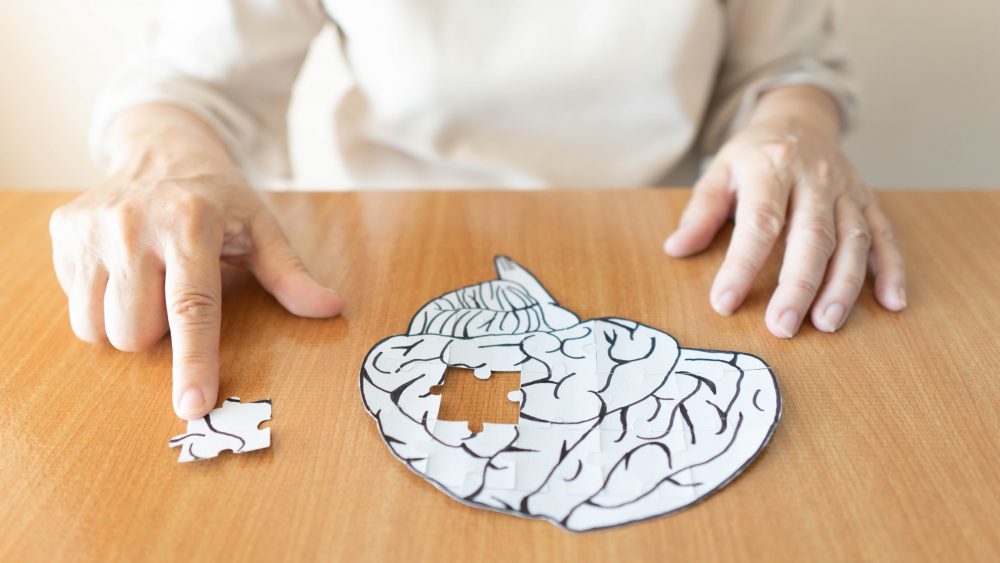Communication Techniques While Living with Dementia
Dementia is a collection of symptoms of cognitive impairments that interfere in a person’s ability to manage their day. Some of those symptoms include short-term memory loss, receptive and expressive aphasia, impulse control, motor skill issues, and trouble with judgment, sequencing, planning and complex tasks. With all of these issues at work, communicating with people living with dementia can be quite a challenge. Here are some guidelines to follow that aim to lessen the impact of these symptoms and allow people with dementia to be treated as people first and foremost.

- Know Your Audience In order to communicate effectively, you need to know some things about the person you are interacting with. Familiarize yourself with their likes and dislikes, preferences regarding their routine, and know a little about their background such as their past profession, family life and hobbies. Once you know a little about the person you’re talking to, it will be easier to lead the conversation, fill in the blanks when necessary, and in general make a connection.
- Be Curious Ask questions about that information you’ve discovered. Be sure the questions fit the level of cognition for the individual; some people may be able to expand on things and others may be more successful with yes or no questions. Even if you already know the answer, allow the person to tell you about things they still are able to share.
- Ask for Help Allow the person to help you with whatever they still can, whether it’s assisting with setting the table for a meal or explaining how to care for a plant. This gives the individual with dementia the opportunity to help you with something and make a difference. Having a sense of purpose, of being helpful, is vital to fulfillment at any stage in life.
- Be Patient Don’t rush the person through a task or fill in the blanks for them while they’re considering how to respond to a question. Allow the person the time to process and answer so they know they are valued and their opinion and words matter.
- Go with the Flow A person living with dementia often will forget details; maybe one day you are their granddaughter and another day you’re an old friend. In the grand scheme of things, it doesn’t matter if they get those particulars right. What does matter is they know you are a person who is important to them. Allow yourself to be whatever role they cast you in during a visit as long as the sentiment is a positive one. People with dementia may not remember your name, but they will have an emotional memory connected to you and that is what you need to build on for a meaningful interaction.
Living with dementia can be difficult and frustrating if caregivers and loved ones become too focused on the deficits and do not take the time to connect with and listen to the individual. By nurturing relationships that are based on companionship, patience and understanding, caregivers can make every interaction a little bit easier for everyone and the person living with dementia will be seen as just that- a person.
